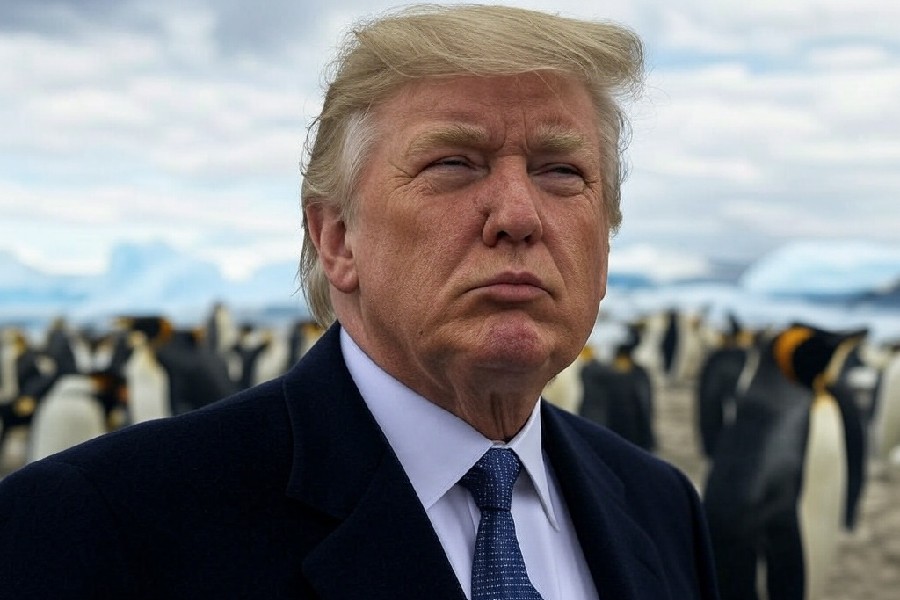Of all the fights that Donald Trump has picked since returning as president of the United States of America, one might end up as the most defining clash for the future of that country. In recent days, Mr Trump’s administration has withheld nearly $2.3 billion in funding for Harvard University; the president has since threatened to withdraw the varsity’s tax-free status and bar it from enrolling foreign students. This, after America’s oldest higher education institution — it is older than the US itself — defied a series of chilling demands from the current US administration that would have forced it to give up the autonomy it has held on to for nearly four centuries. Ostensibly aimed at tackling anti-Semitism on campus, the demands of Mr Trump in reality insist — in blunt language — that the university determine which students to admit and which faculty to hire and promote based on the White House’s political vision. While the victim of Mr Trump’s wrathful witch hunt on this occasion might be Harvard, his true target is the very idea that the university is meant to be a commons for teachers and scholars that facilitates the free exchange of thoughts and ideas irrespective of the prevailing political climate.
From Columbia to Cornell, the list of universities whose funding and federal contracts Mr Trump’s dispensation has frozen — totalling several billion dollars — includes the cream of academia. Like Harvard, they have all been accused of not doing enough to protect Jewish students and faculty during pro-Palestine protests on campus: this despite the fact that Jewish students and faculty were very often at the forefront of those protests themselves. Some, like Columbia, have buckled, accepting a draconian set of demands, including the banning of face masks at protests and effectively ceding control of a department to the government. But bending the knee has not helped Columbia get its funding back — it has only emboldened Mr Trump to put more pressure on other universities. More than 1,000 students and recent graduates have had their visas revoked — some have been arrested — since Mr Trump returned to office. Almost none of them has been charged with any actual crime.
It is hard to overstate the likely impact of this climate of fear on international student enrolments in US universities. But in many ways, what is happening in the US mirrors the global siege on the idea of the university as an institution that upholds the freedom of thought and expression. Ironically, democracies like India and the US seem to be at the forefront of this pushback against the university. In justifying the campus crackdown, the US secretary of state, Marco Rubio, has spoken about how universities should be spaces of learning, not of activism. Those comments mirror the rationale behind the Lyngdoh Committee recommendations that Indian varsities have had to follow for close to two decades now, as they increasingly face pressure to punish any challenge to the politics of the ruling regime. The political ascendancy of right-wing parties around the world is leading to a worrying transition: universities are no longer being seen as crucibles of critical thinking, dissent and new ideas but as mere teaching shops feeding the labour market. That is why Harvard’s battle against a predatory president is not just its own — it is a fight for the soul of higher education.










